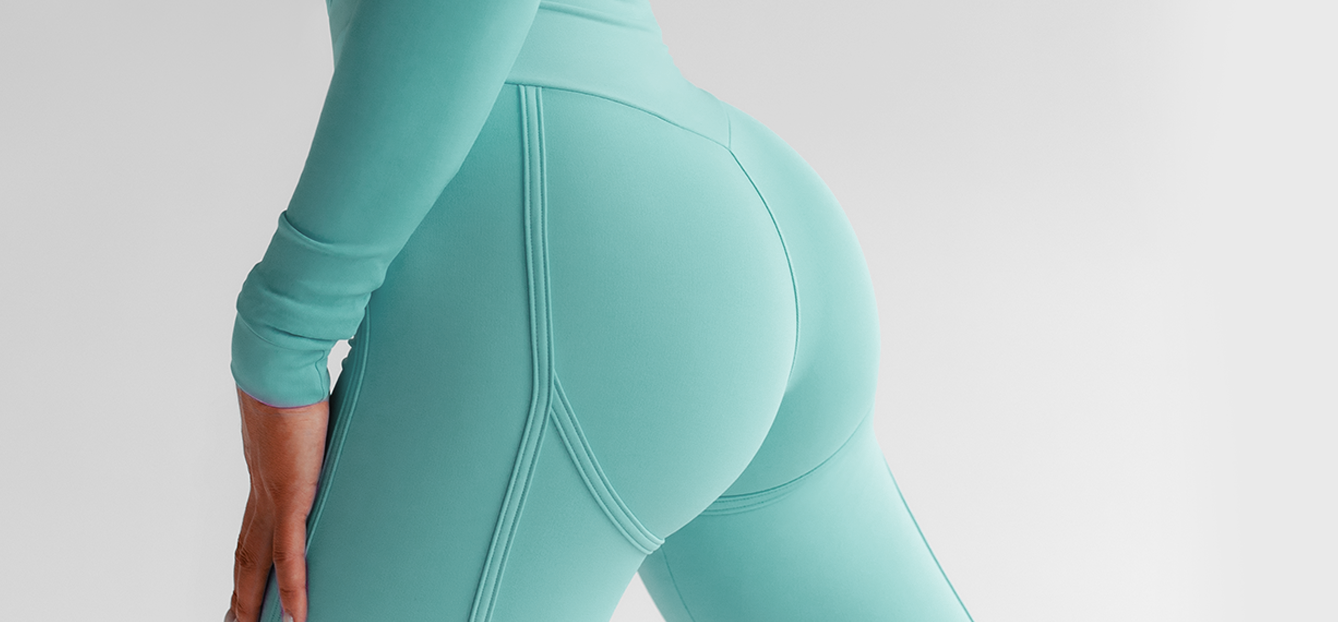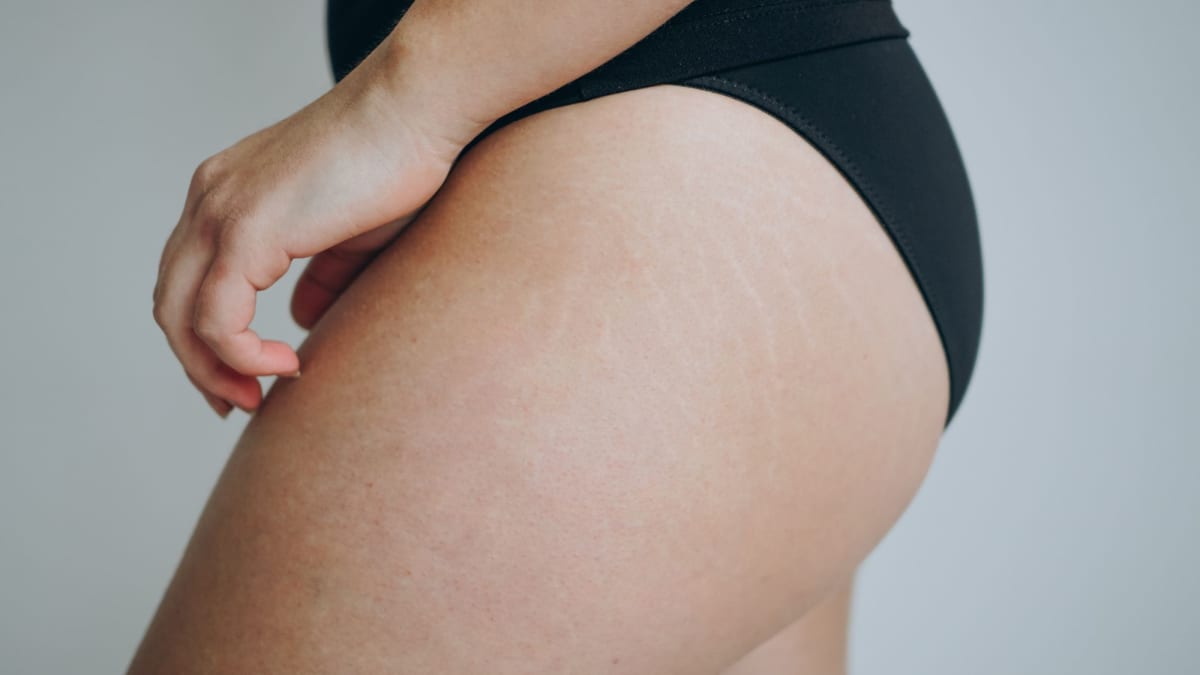Can I Prevent KP Naturally? Discover Simple Solutions
As a beautician, you're likely well aware of the persistent challenge that Keratosis Pilaris (KP) presents to many individuals. This common yet pesky skin condition can be a source of frustration for those seeking smooth, flawless skin. But the pressing question is, can I prevent KP naturally? Let's delve into effective strategies that can help manage and potentially prevent KP, while keeping your clientele informed and satisfied.

Understanding Keratosis Pilaris
Before exploring prevention methods, it's crucial to understand what Keratosis Pilaris is. KP is a benign skin condition characterized by small, rough, and bumpy patches, often found on the arms, thighs, cheeks, or buttocks. These bumps are caused by an excess build-up of keratin, a protein that protects the skin from infections and harmful substances. When keratin blocks the opening of hair follicles, it leads to the formation of these characteristic bumps.
Natural Prevention Methods for KP
1. Prioritize Gentle Exfoliation
One of the most effective ways to manage KP naturally is through regular exfoliation. By gently removing dead skin cells, you can prevent the buildup that contributes to clogged follicles. Opt for products containing natural exfoliants like sugar, salt, or oatmeal. These ingredients provide a mild abrasive action that can help smooth the skin without causing irritation.
For more information on how to incorporate regular exfoliation into your skincare routine, visit Cleaning Techniques.
2. Moisturize with Natural Emollients
Hydrated skin is less prone to irritation and the formation of bumps. Encourage your clients to use natural moisturizers such as coconut oil, shea butter, or aloe vera. These ingredients not only provide hydration but also have anti-inflammatory properties that can soothe irritated skin.
Learn more about the benefits of natural moisturizers by visiting Best Creams for KP.
3. Embrace a Balanced Diet
Diet plays a significant role in skin health. Advise your clients to incorporate foods rich in omega-3 fatty acids, vitamins A, C, and E, and antioxidants. These nutrients can help reduce inflammation and support healthy skin cell turnover. Encourage the consumption of fish, nuts, seeds, and leafy greens for a comprehensive approach to preventing KP naturally.
4. Stay Hydrated
Water is essential for maintaining skin elasticity and overall health. Ensure your clients understand the importance of staying hydrated to prevent dryness and irritation. Encourage them to drink at least eight glasses of water a day for optimal skin health.
The Role of Professional Treatments
While natural methods are effective, sometimes professional treatments are necessary for more persistent cases of KP. Consider recommending gentle chemical peels or microdermabrasion to clients with severe symptoms. These treatments, when performed by a professional, can significantly improve skin texture and appearance.
For insights into the effectiveness of chemical peels, check out Chemical Peels.
Understanding the Lifelong Nature of KP
It's important to set realistic expectations with your clients. KP is generally a lifelong condition, but with proper management, its symptoms can be minimized. Encourage continuous care and patience in their skincare journey.
For more on the longevity of KP, visit KP Lifelong.
External Resources for Further Reading
For a more comprehensive understanding of KP, you can refer to external resources like the CeraVe Skin Smarts page, which offers additional insights into managing this skin condition.

FAQs
What causes keratosis pilaris to flare up?
Various factors, including dry weather, hormonal changes, and stress, can exacerbate KP symptoms. Advising clients to maintain a consistent skincare routine can help manage flare-ups.
Can diet affect keratosis pilaris?
Yes, a diet lacking in essential nutrients can worsen KP symptoms. Encourage clients to eat a balanced diet rich in vitamins and omega-3 fatty acids.
Are there any medical treatments for severe KP?
For severe cases, dermatologists may recommend treatments like laser therapy or prescription creams containing retinoids. However, these should be considered as a last resort after exploring natural options.

